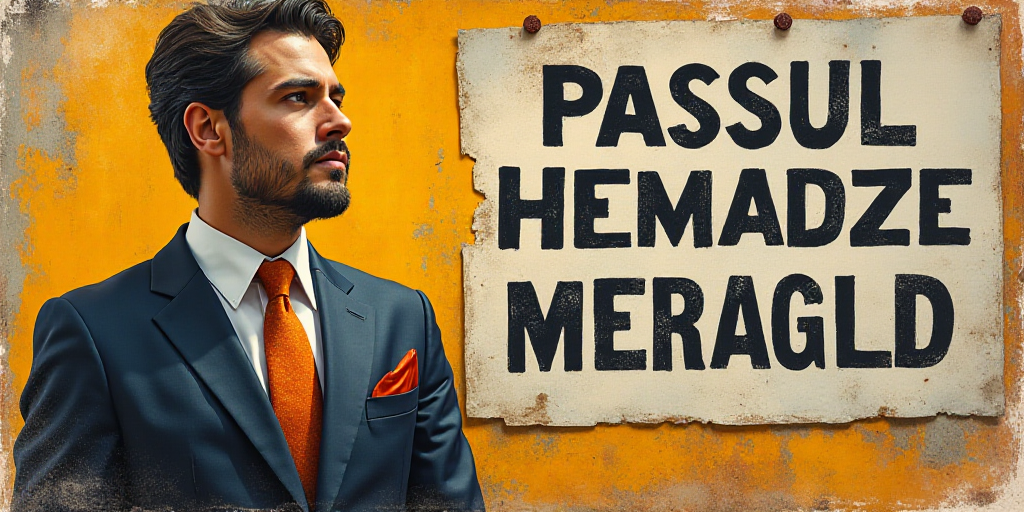Introduction
Arturo Zaldívar Lelo de la Rea, the current President of the Supreme Court of Justice of Mexico, has stated that judges should not be elected popularly as their role contradicts the pursuit of majority approval. This statement comes amidst a controversial judicial reform initiated by the former President, which aims to undermine the independence of the judiciary and subject it to political influence.
The Controversial Judicial Reform
On September 15, 2024, the former President signed a judicial reform decree with the stated goals of improving the judiciary, ensuring justice for all, and eliminating corruption. However, critics argue that this reform will not make Mexico the most democratic country in the world but instead transform it into the first and only nation to subject all judges to popular election. This change will undermine the judiciary’s role as a guarantor of individual rights.
The reform disrupts the balance between the executive and judicial powers, with the legislative already weakened. The consequences of this reform will be far-reaching, leading to the dismissal and replacement of federal and local judges with those elected through a unique, manipulated scheme. This will result in reduced civil rights, similar to the general effects of the amparo.
The Election Process
In the upcoming judicial elections, voters will face a confusing process. They will receive six ballots to choose from 3,423 unknown candidates for 881 positions, with functions and natures unfamiliar to them. The process is marred by irregularities, with only an estimated 5 million people expected to vote. This will generate 1.11 billion votes, none of which will be counted by accredited citizens but rather by over 25,000 employees in the 300 federal electoral councils, in secrecy. Unused ballots will not be canceled.
Historical Parallels: The Nazi Regime in Germany
The proposed judicial reform in Mexico mirrors the dismantling of justice that occurred under Nazi Germany. The Nazi regime destroyed the German rule of law, characterized by respect for the law, equality before the law, and individual rights. This included the right to free speech, which is now threatened in Mexico.
Under the Nazi regime, judges were forced to interpret laws in a way that prioritized Nazi interests over positive law. Judges, prosecutors, and lawyers were expected to act in favor of the regime, coordinating their actions in all legal proceedings. The Nazi ideology viewed judicial processes as conflicts between individual and state interests, rather than a means to protect individuals from the state.
The German people suffered the loss of their most basic rights, particularly their right to justice, until the defeat of Nazism in 1945. In Mexico, the authoritarian regime will subject the judiciary to severe subservience, undermining its independence and democratic principles.
Implications of the Reform
The reform, drafted without serious consideration of justice issues, disrupts judicial administration while ignoring prosecution and police matters. It represents an abolition of the rule of law, as seen in Nazi Germany, the Soviet Union, Mao’s China, and current regimes in Cuba, Nicaragua, and Venezuela.
Many candidates lack judicial experience and professional training, being linked to criminal organizations or other real power factors. Despite some well-prepared and experienced candidates, no guarantees ensure their victory. The situation is exacerbated by the apathetic, negligent, and ignorant response of a significant portion of the population, indifferent to the ongoing destruction of democratic institutions.
Call to Action
In legitimate elections, voting is crucial as abstention allows others to decide for us. However, in this case, voting would legitimize the illegally and abusively implemented reform, validating the official regime’s worst and most dangerous farce.
Key Questions and Answers
- What is the main concern regarding the judicial reform in Mexico? The primary issue is that the reform undermines the independence of the judiciary, subjecting it to political influence and popular election, which could compromise its role as a guarantor of individual rights.
- How does this reform compare to historical events? The proposed judicial reform in Mexico mirrors the dismantling of justice that occurred under Nazi Germany, where the regime forced judges to interpret laws in a way that prioritized Nazi interests over positive law.
- What are the implications of this reform for Mexican democracy? Critics argue that the reform will not make Mexico the most democratic country but instead transform it into the first and only nation to subject all judges to popular election, undermining the judiciary’s role as a guarantor of individual rights.
- What is the voter’s role in this situation? While voting in legitimate elections is crucial, participating in these judicial elections would legitimize the illegally and abusively implemented reform, validating the official regime’s worst and most dangerous farce.






